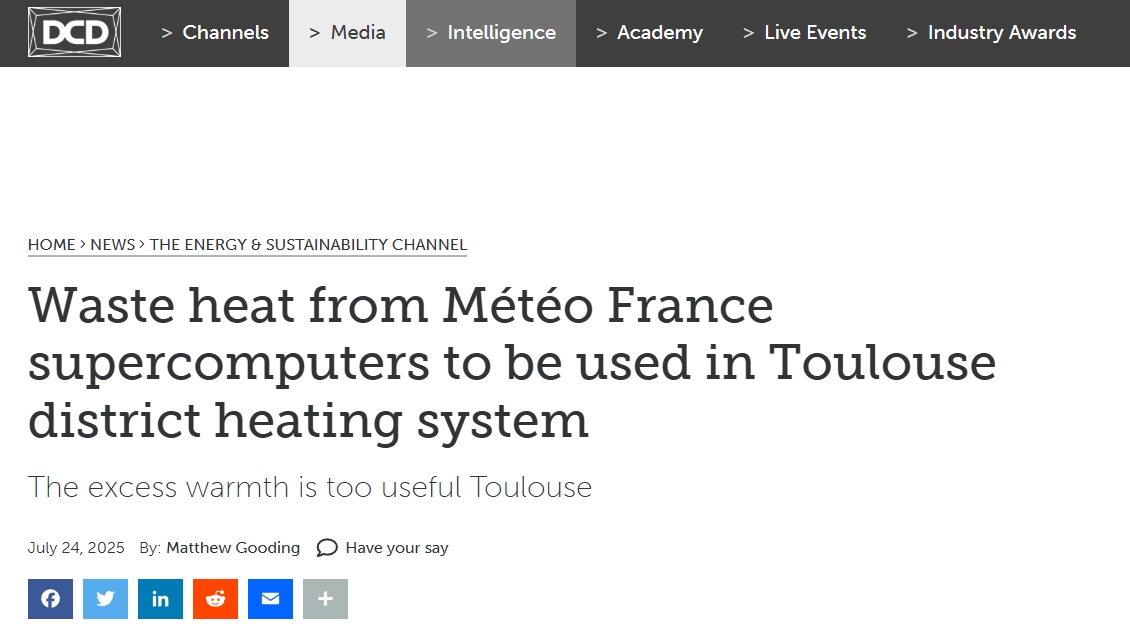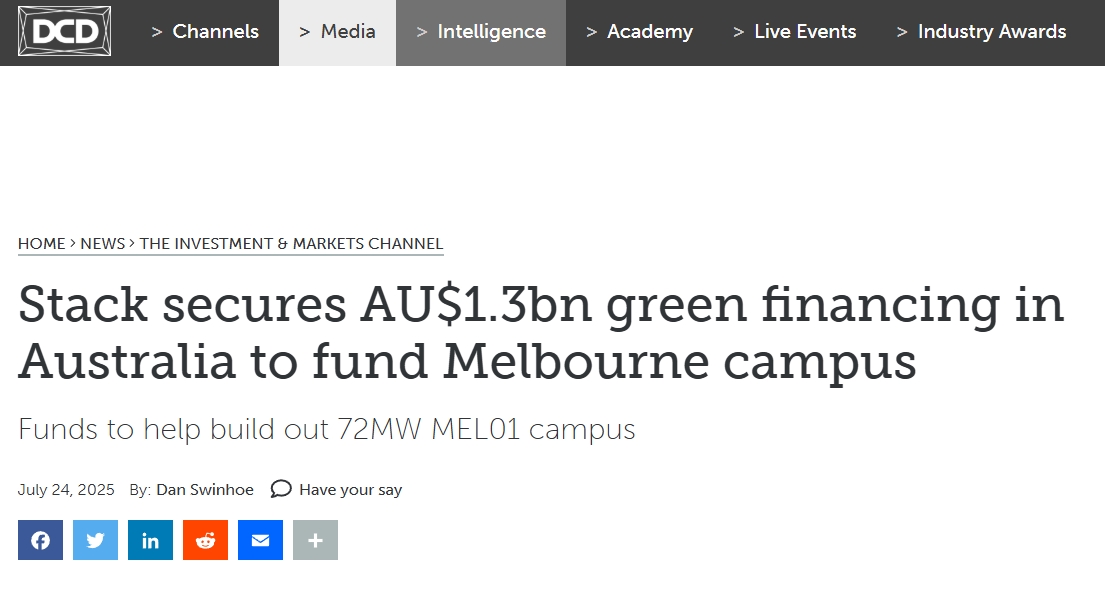Alibaba Cloud, the digital technology backbone of Alibaba Group Holding, is collaborating with energy giant Shell’s China subsidiary on green, low-carbon digital solutions, the first significant deal after group chairman Daniel Zhang Yong personally took over the unit.
The two companies are becoming long-term strategic partners with the help of Shell’s advantage in energy transformation and Alibaba Cloud’s advantages in cloud computing, big data and artificial intelligence, according to a WeChat official article posted by Shell China on Thursday.
Specifically, Shell’s coolant liquid will be used at Alibaba’s data centre for testing and exploring commercialisation opportunities. Meanwhile, Alibaba Cloud will help Shell’s China business to digitalise further. The companies will also help enterprise clients implement “green, low-carbon digitalisation solutions”, while exploring electricity trading, green certificate trading and carbon credit trading, according to the article.
The collaboration is the first major deal Alibaba Cloud has announced since Alibaba chairman Zhang personally took over the cloud unit after a 24-hour-long systems crash in the Hong Kong and Macau region late last year. Alibaba Cloud published a detailed report about the incident, which happened at the internet data centre of Alibaba Cloud’s Hong Kong partner PCCW, and apologised for a “malfunction of the data centre’s chillers”.
China’s President Xi Jinping pledged at the United Nations General Assembly in September 2020 that the world’s largest emitter of greenhouse gases would reach carbon neutrality by 2060, becoming the second major economic entity to put a date on the goal.
Alibaba Cloud is one of the most important growth units for Alibaba as the company navigates a slowing economy and more competition in its core e-commerce segment. Revenue growth at the unit has slowed recently, with sales up 4 per cent in the September quarter, down from 12 per cent and 10 per cent growth in the March and June quarters respectively.
Alibaba, which owns the South China Morning Post, reported its December quarterly results late on Thursday.








